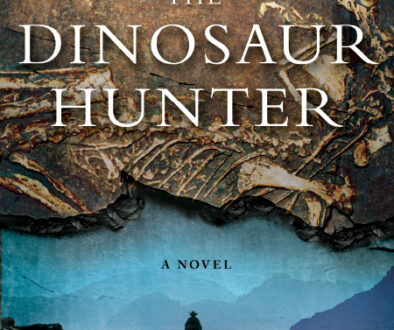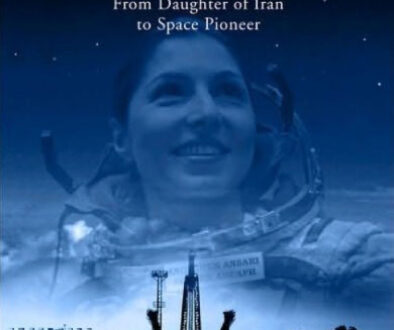The Keeper’s Son Discussion Questions
Below are a few ideas for discussion in your group with our attached commentaries.
- How would you describe this book? Would you call it a man’s book or a woman’s book?
- Can a single incident like Josh losing Jacob define the rest of a person’s life? Josh is an intelligent man, why do you think he continues to search for Jacob 17 years later? Do you think it might be hard to write a memoir that is interesting to readers?
- As you read this novel, did you begin to feel as if you knew the people involved? Do you think you’d have been happy to live on Killakeet? What characteristics are distinctive about the islanders? How has the island shaped them? Did you like them?
- Caught up in the interesting life of the people of Killakeet, we suddenly find ourselves on board a German submarine in Chapter 3. Was that a shock? Did it keep you interested to follow both stories and wonder how they were going to intersect?
- What do you think Krebs liked about being a U-boat captain? Were Krebs and Max a good commanding team? Why do you think Germans like Krebs and Max and the young men on board the U-boats who were not Nazis fought so hard for their country?
- Is Josh a good commander to the men on the Maudie Jane? Does he lead by example or by fear? Do the Maudie Janes become better people as well as sailors under his leadership?
- Krebs is supposed to be the enemy. Does the change in him after falling in love with and then losing Miriam seem believable? Do we end up liking him, or even pitying him?
- Josh has some trouble understanding his father’s relationships with women. Why does Josh think he doesn’t need this and feel his father weaker for his wanting it? Does this attitude temper his relationship with Dosie?
- Headstrong Dosie has her own problems and has been burned in other love relationships. Is she likable? Is she too much the romantic for Josh? How are Dosie and Josh different? How are they alike? Do they really love each other and is there any chance for them as a couple?
- Homer’s editor found Purdy the pelican one of his favorite characters in the book. Pets and animals are often featured in Hickam books and here we have Marvin, Genie, and the wild ponies too. Do they add to the flavor of the story?
- Homer introduces a major character, cowboy Rex Stewart, in Chapter 24, a risky thing to do so late in a book. Does it work? Are you interested in Rex and does bringing an outsider to the island add to the story?
DO NOT READ PAST HERE IF YOU HAVE NOT FINISHED THE BOOK!!
- Preacher’s God is a cruel one. Did you understand Preacher’s conflict between his faith and the reality of the war he sees? Did he die at peace with this or still shaken by it?
- Why did Krebs take the risk of contacting the Maudie Jane about looking for his overboard sailors? Did enemies Thurlow and Krebs have some respect for each other? In a different time and situation, could they have ever been friends?
- The ending of the book lets the reader make some of their own decisions about what happened. A major theme throughout the book is that on Killakeet, the sea will eventually answer all questions. Did it? Did the comparison of the beach glass in Miriam’s cross show Dosie proof that Harro is Jacob? Does it matter if he is or not? Do you think Dosie and Josh stayed together, or married?
- In the Historical Note at the end, the author explains that although it is fiction, the book is very realistically based on his research and anecdotal information obtained while writing his first book Torpedo Junction and also scuba diving on the sunken wrecks and submarines along the Outer Banks. The battle he wrote about in Torpedo Junction was, in fact, one of the greatest and longest battles of the war, yet was virtually unknown. Did you know about this terrible part of WWII before this book?
The government’s war records of this nine-month period were classified “Secret” until they were declassified in the 1975 Freedom of Information Act. Homer Hickam was one of the first people to study them. The author does not know why they were classified for so long. Was it perhaps because officials were ashamed we did not defend that area properly and lost so many lives unnecessarily? What do you think? For detailed information, read Hickam’s 1989 nonfiction naval history, “Torpedo Junction” ISBN 0-440-21027-5
. . . The story of Josh Thurlow will be continued in “The Ambassador’s Son” to be published Fall 2004.


